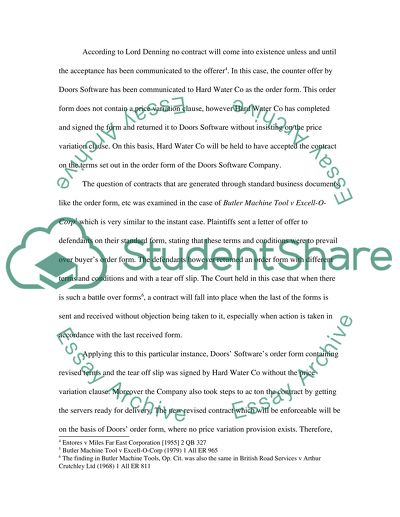Cite this document
(Business Law Questions Assignment Example | Topics and Well Written Essays - 1750 words - 3, n.d.)
Business Law Questions Assignment Example | Topics and Well Written Essays - 1750 words - 3. https://studentshare.org/law/1546199-business-law
Business Law Questions Assignment Example | Topics and Well Written Essays - 1750 words - 3. https://studentshare.org/law/1546199-business-law
(Business Law Questions Assignment Example | Topics and Well Written Essays - 1750 Words - 3)
Business Law Questions Assignment Example | Topics and Well Written Essays - 1750 Words - 3. https://studentshare.org/law/1546199-business-law.
Business Law Questions Assignment Example | Topics and Well Written Essays - 1750 Words - 3. https://studentshare.org/law/1546199-business-law.
“Business Law Questions Assignment Example | Topics and Well Written Essays - 1750 Words - 3”. https://studentshare.org/law/1546199-business-law.


